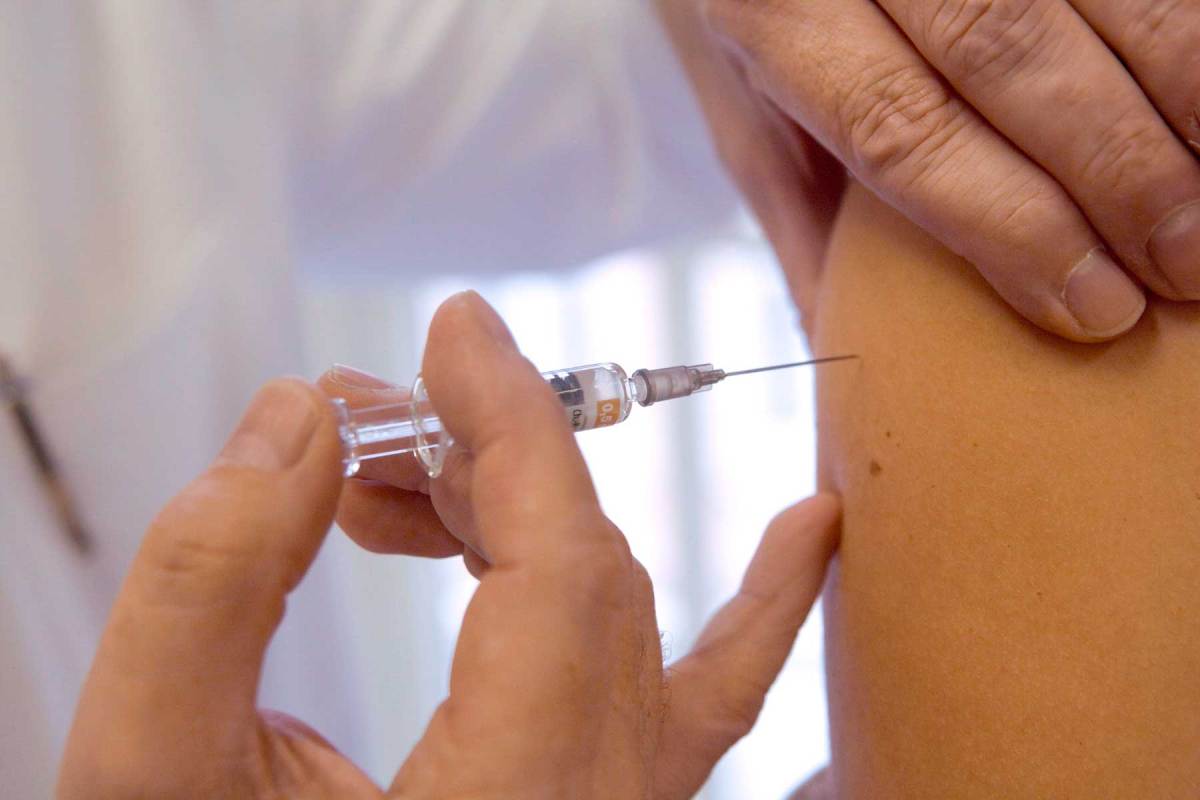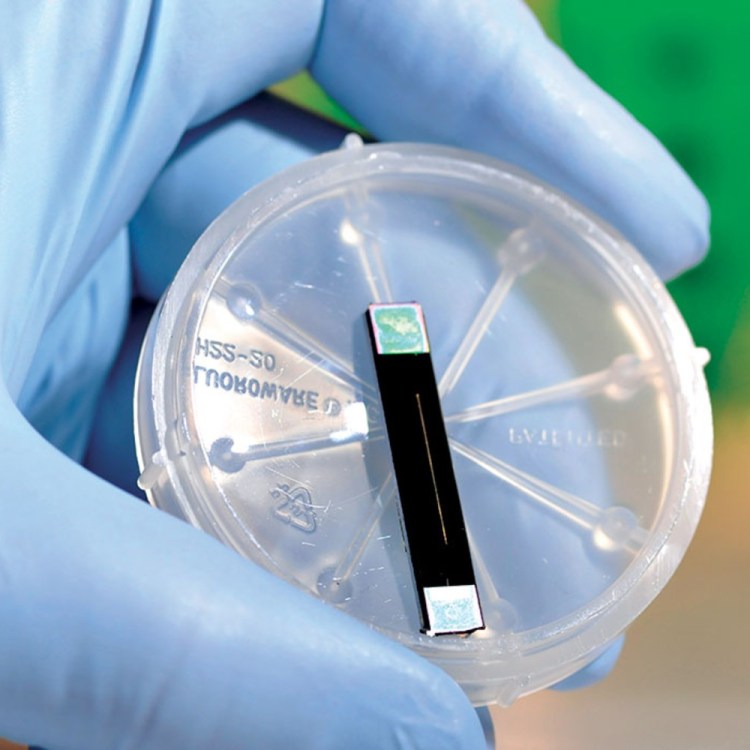Editor’s Note: RealClearLife, a news and lifestyle publisher, is now a part of InsideHook. Together, we’ll be covering current events, pop culture, sports, travel, health and the world.
As more than 700 measles cases have been recorded this year across 22 states, the CDC and other health officials are urging Americans to vaccinate themselves against the disease. But how can you tell if your original shot is enough or if you need a booster?
The Centers for Disease Control and Prevention currently recommends that all children get two doses of the measles, mumps and rubella (MMR) vaccine — the first at 12 to 15 months and the second anywhere between the ages of four and six. But this has only been in effect since 1989; before that, only one dose was deemed necessary, Time reported.
Two shots are about 97 percent effective while just one works about 93 percent of the time, according to the CDC. Older adults may be at even greater risk since the vaccine, which was first introduced in 1963, was considered less potent in its earlier years than it is now.
The majority of those who received two shots are covered for life, according to Time. Those who should consider receiving a booster are under-vaccinated adults — those who received only one dose or a less effective, early version of the vaccine — and anyone planning to travel to countries where there are active measles outbreaks, such as Israel, Ukraine and the Philippines. Those who live near active outbreaks in the U.S., such as New York, New Jersey, Michigan, California, Maryland and Georgia; or work in health care, should guard themselves.
“If anybody falls into those categories and they are concerned, the response is very simple,” said Dr. William Schaffner, a professor of preventative medicine and infectious diseases at the Vanderbilt University School of Medicine. “Go to your health care provider, including a pharmacy, roll up your sleeves and get a dose of MMR.”
Thanks for reading InsideHook. Sign up for our daily newsletter and be in the know.

















